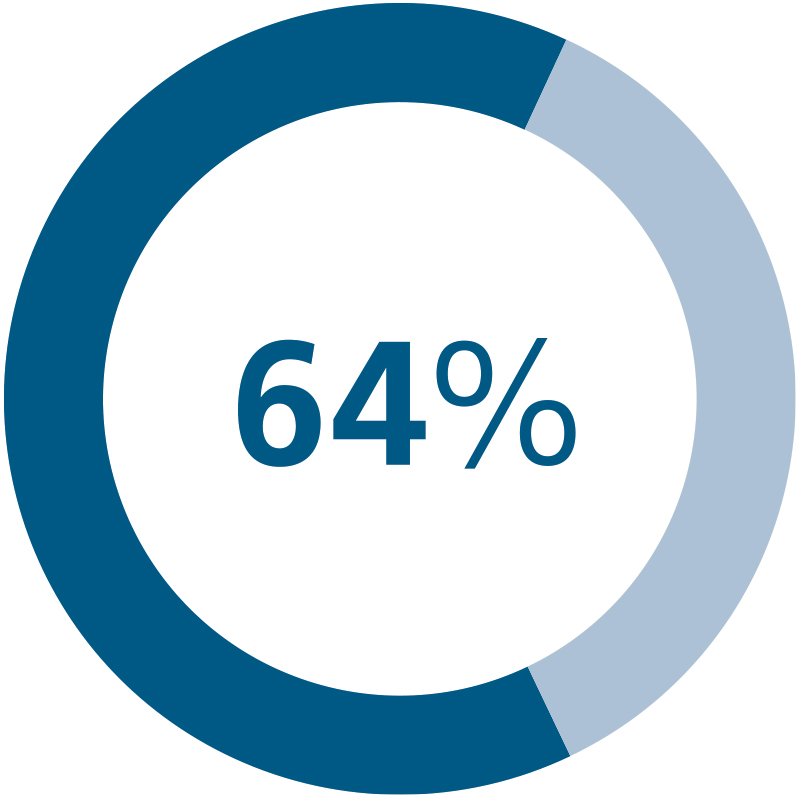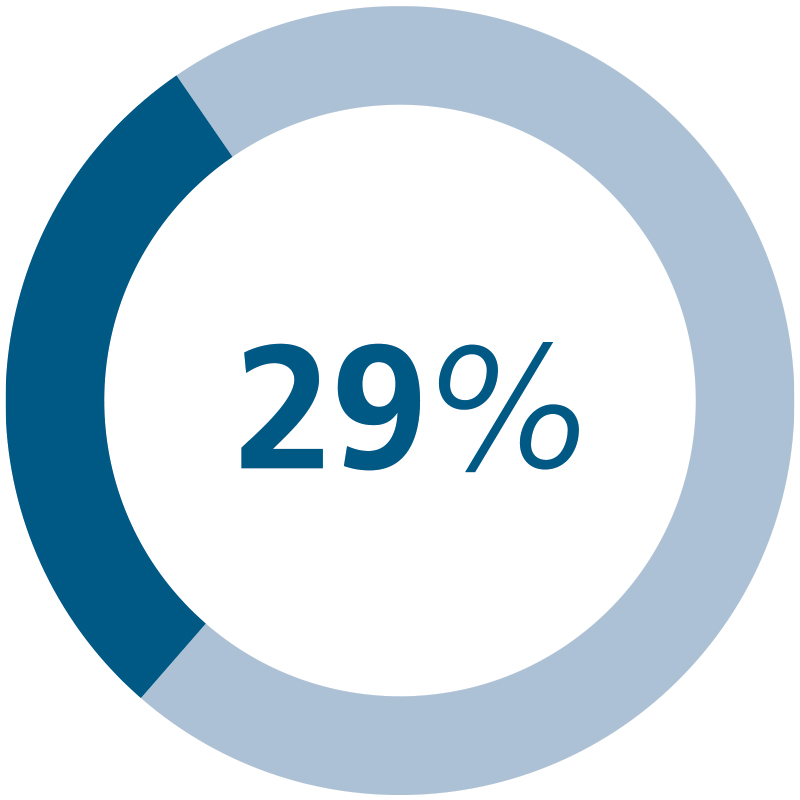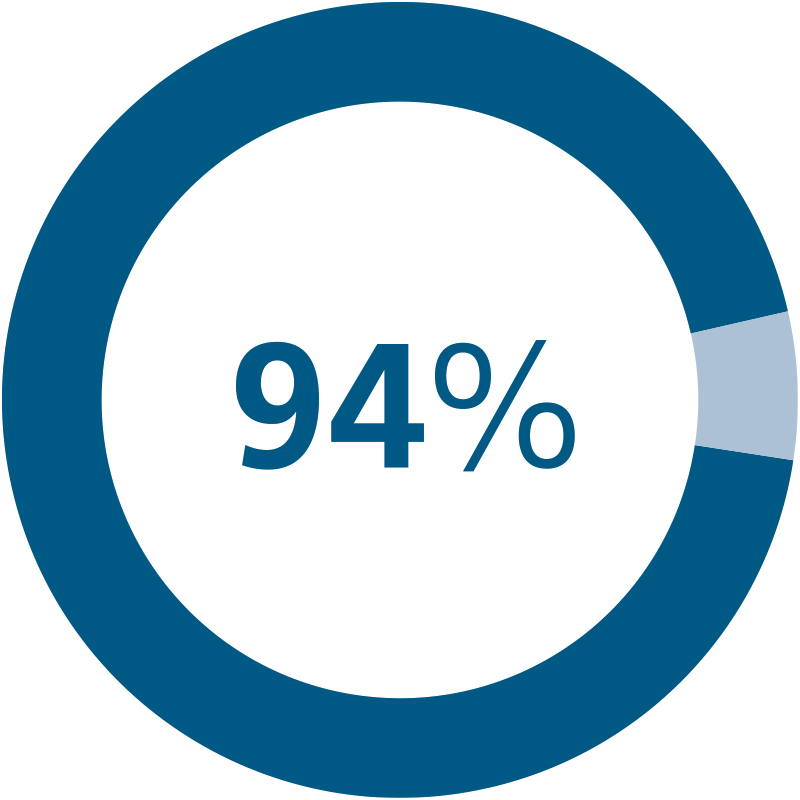The poll also confirms that the pandemic crisis is exacerbating persistent education equity issues, including inequitable access to technology, academic support, and resources for students of color and students from lower-income and rural communities.
Moving forward, parents said they will be expecting more from districts. The poll indicates there are large gaps between what parents want and what is currently available. First and foremost, 94 percent of parents want regular contact with or access to their child’s teacher, versus 45 percent who say they currently have enough contact. Other top parental concerns include: sharing examples/resources to help parents teach their children, sharing tips on how to structure students’ days, providing parents and students with regular contact with or access to a school counselor, and providing technical support for parents in how to set up distance learning.







The problem is large, but not insurmountable with help, said CSBA President and Asuza Unified School District trustee Xilonin Cruz-Gonzalez, a panelist on the call releasing the poll results. “There is uneven and often inadequate distribution of infrastructure, hardware, curriculum, professional development and especially the home environments required to have equitable distance learning,” Cruz-Gonzalez said. “This challenge is especially difficult for low-income households and rural areas. While we as an organization will continue to pursue public–private partnerships and legislative advocacy, we believe that only with a state-led effort can we fill a hole of this magnitude — especially when it comes to rural and remote areas where there is no business case for private sector investment in the digital divide.”
While overall, 29 percent of surveyed parents said reliable internet access is a leading barrier to their child’s academic success, the issue is more prevalent for families in Northern California (47 percent), low-income families (38 percent), Hispanics in the Greater Los Angeles Area (35 percent) and families in the Greater Los Angeles Area in general (34 percent). Two-thirds of parents say providing free internet access to families while schools are closed due to coronavirus would be very helpful for families like theirs, yet only 20 percent of parents report that their school district has made this available for students.
An additional concerning finding from the poll is that one-quarter of non-English-speaking households say their child’s school has not provided materials in their home languages. Navigating remote learning software can be challenging even for English-speaking parents, so making accommodations for non-native English speakers and English learners should be a top priority as schools look to reach full participation in distance learning in the weeks ahead.
Cruz-Gonzalez said there is a need to focus on English learners, keeping in mind the citizenship status of some of these students and/or family members. “English learners often come from mixed status families and will not be benefitting from some of the federal relief many of us will be benefitting from,” said Cruz-Gonzalez. “Really understanding the needs of those families and how to address them is really important, as well as ensuring we are communicating with parents in the language that they understand — especially when it comes to education. If we are expecting parents to now help assist in the education process, then we need to make sure we are providing families with instructions in the language that they understand.”
State Superintendent of Public Instruction Tony Thurmond answered questions from reporters on the call, pointing to the CDE website for updated guidance and webinars. He also shared that the CDE has convened a group of education leaders to work on strategies that address how the achievement gap can be exacerbated through distance learning and how to address the concerns reflected in this survey.